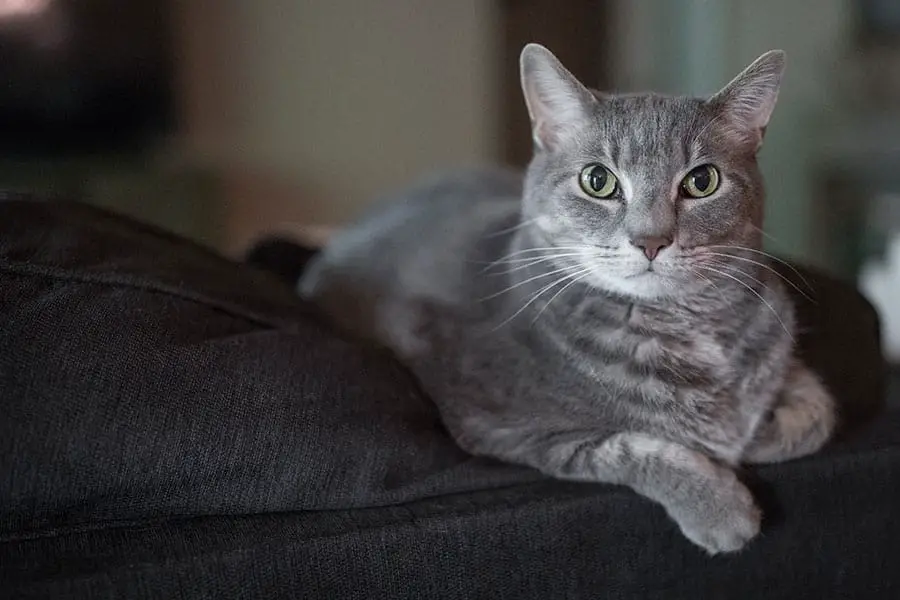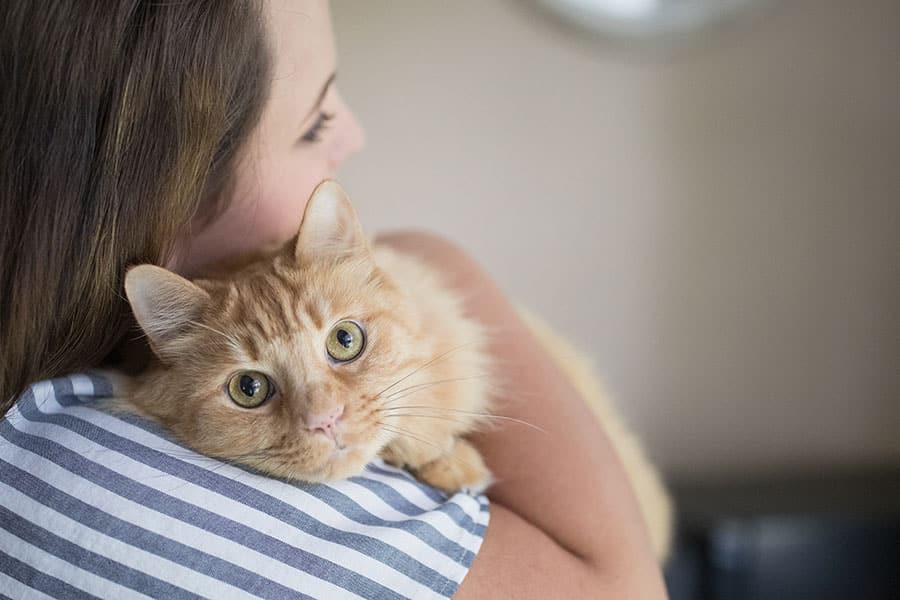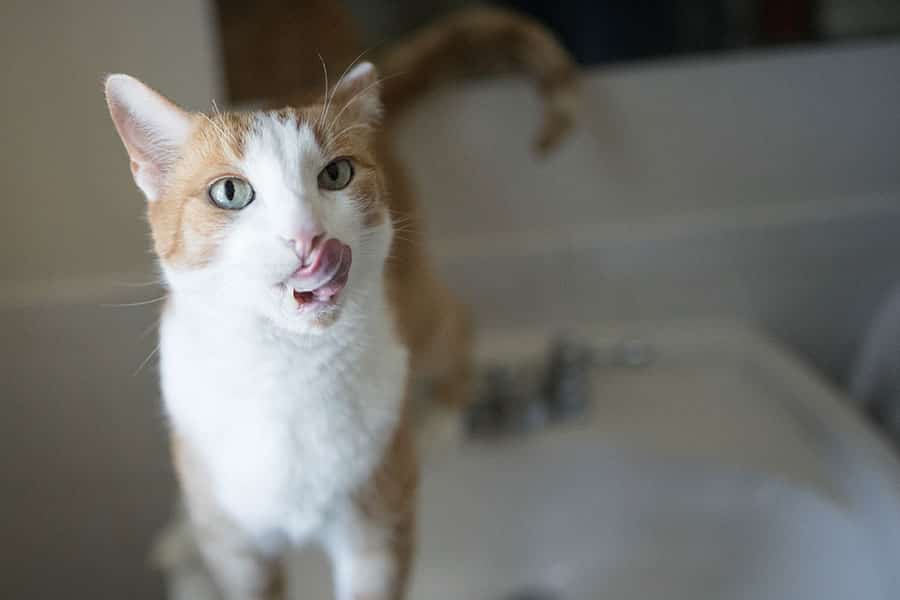Water that’s poisonous to cats? It’s true. Even the water from a popular Easter Lily’s flower’s vase can be dangerous to your favorite feline. But that’s not all. Embrace Pet Insurance recently released their list of common household toxins for feline friends. Not only are these items dangerous to cats, but the costs associated with veterinary care should they encounter any of these items can be expensive for owners.
Poisonous Household Plants
With spring around the corner, now is an especially good time to be reminded of the dangers that lilies can bring about for cats. According to Embrace’s claims data, the average cost of treating lily intoxication tops $1,250.
All parts of the lily, including the leaves, petals, and bulb are toxic. Even the pollen from a lily or the water in the lily’s vase can be poisonous for cats. Eating just a few bites of a lily plant (or licking pollen off of fur) can cause a cat’s kidneys to shut down. Within the first 2-12 hours after ingesting part of a lily plant, your kitty may vomit, not want to eat, and lay around more than usual. If you notice any of these signs or symptoms, take your cat to the vet right away.
There is also a plethora of other household plants that should be kept far away from your kitten, including:
- Aloe
- Alocasia
- Begonias
- California Ivy
- Rhubarb

Toxic Food Items
Many pet parents are aware that there are food items that can be toxic to dogs, but it’s important to remember that cats can get into foods they shouldn’t too. A few food items that cats should stay away from include (but are not limited to):
- Chocolate– Though less common for cats to get into, chocolate can be just as deadly. Ingestion can cause heart problems, muscle tremors, and even seizures
- Coffee, tea, or any other drinks that contain caffeine– Caffeine can cause cats to become restless, suffer from rapid breathing, and heart palpitations
- Grapes and raisins– Known for causing acute kidney failure in dogs, grapes and raisins should also not be trusted around cats
- Cheese and milk– It might surprise some cat parents to find out that milk can be unhealthy for cats. Some cats can be lactose intolerant so if they eat any form of dairy, it can cause vomiting or diarrhea
- Onions and garlic– Eaten in small amounts onions or garlic are unlikely to cause major harm. However, if a cat gets ahold of an entire clove of garlic or a green onion, this could cause major digestive upset
- Xylitol– This sweetener, commonly found in gum and candies and frequently used in the keto diet, is known to be deadly for dogs. It’s better to be safe than sorry and keep your cats away from anything that might contain this ingredient as well
- Alcohol– Even in small amounts, alcohol is dangerous to cats and can cause both liver and brain damage
Fat, raw meat, raw eggs, or raw fish– Keep all these items far from your cat. They can cause vomiting, diarrhea, or even pancreatitis (from the excessive fat). In addition, cats can suffer from Salmonella or E. coli associated with these foods, just as humans can.

Household Toxins
Besides plants and foods, there are a number of other household items that pet parents should keep away from their cats including:
- Human medications– Cat parents should immediately take their cat to the vet to seek treatment if any human medication or veterinary medication not intended for the cat is ingested
- Insecticides– Exposure to household insecticides such as lawn and garden products, sprays, and flea/tick prevention intended for dogs can be very dangerous for cats
- Household cleaners– Many cat owners don’t realize that common household cleaners such as kitchen and bath surface cleaners, carpet cleaners, and toilet boil cleaners can be toxic to cats
If you notice any unusual signs or symptoms in your cat, take them to the vet immediately. Pet insurance can help lessen the financial stress of veterinary bills should a pet encounter any of these toxic items/foods. Want a free quote? Visit Embrace Pet Insurance to get a free quote today.
Photos provided by Embrace Pet Insurance
